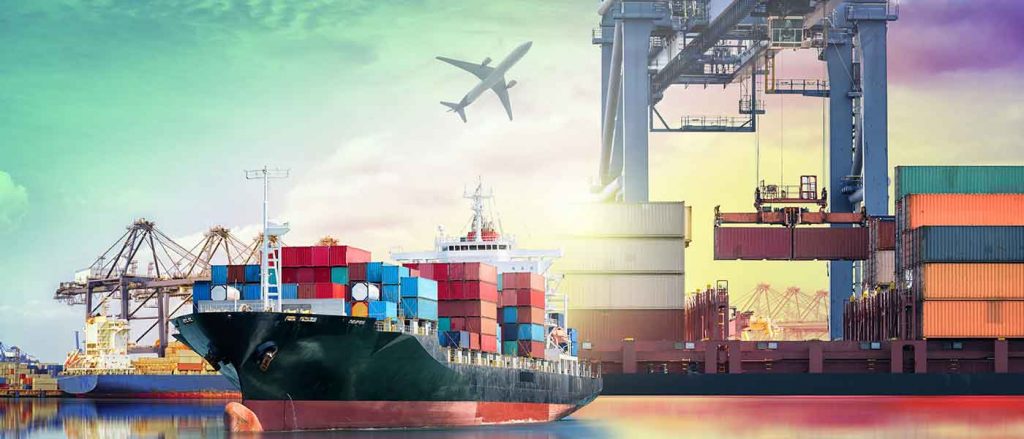
As freight forwarders reflect on a successful fourth quarter, with stronger volumes and profitability, they now face an uncertain start to 2025. According to Tobias Meyer, CEO of DHL Group, “We are in a very volatile world,” with trade dynamics shifting rapidly.
The global trade landscape has been upended by a new US administration, which, after taking office in January, introduced new tariffs and proposed additional duties. This has left shippers scrambling, unsure of which tariffs are in place and which are still in flux.
To address these challenges, many forwarders, such as Kuehne+Nagel, are offering advisory services to help businesses navigate the complex customs landscape. “In our first advisory call in the US, we had nearly 2,000 registrations, indicating strong demand for customs consultancy,” said Kuehne+Nagel’s CEO Stefan Paul.
With the volatility expected to continue, forwarders are set to play a crucial role in guiding shippers through decisions around air and ocean freight, sourcing strategies, and adapting to ever-changing regulations. Companies like Expeditors International are preparing for the anticipated shifts by adding staff in critical areas such as air and ocean shipment management and customs processing.
In response to these uncertain times, some companies, including DHL, are focusing on expanding their operations in high-growth regions less affected by US trade policies. Meyer explained, “Our geographical footprint is tilted towards regions that are not as impacted by US trade barriers.”
The first-quarter results will likely show growth, driven by pre-Lunar New Year demand and frontloading in anticipation of upcoming tariff changes. However, uncertainties around de minimis exclusions and the ongoing Red Sea crisis add to the unpredictability. The US’s reversal on de minimis tariffs in February, after an unexpected surge of shipments, highlights the ongoing unpredictability in global trade policies.
The Red Sea crisis remains another significant wildcard, as continued violence in Yemen and Israel’s recent actions in Gaza have disrupted shipping routes and impacted both ocean and air freight capacity. This could continue to create challenges in the coming months.
While airfreight is expected to be the preferred mode of transport in 2025 due to its flexibility, forwarders that can offer a balance of air and ocean freight options will have a competitive edge. Forwarders with expertise in regions outside the US are likely to be in high demand as trade patterns shift away from the US.
In industry news, DSV is set to finalize its acquisition of DB Schenker in the second quarter, positioning DSV as the largest freight forwarder globally. This move could lead to further market consolidation, as competitors struggle to keep up.
As the year unfolds, freight forwarders will remain essential in guiding shippers through the complexities of an evolving global trade environment. With new challenges on the horizon, adaptability will be key to success in 2025.
